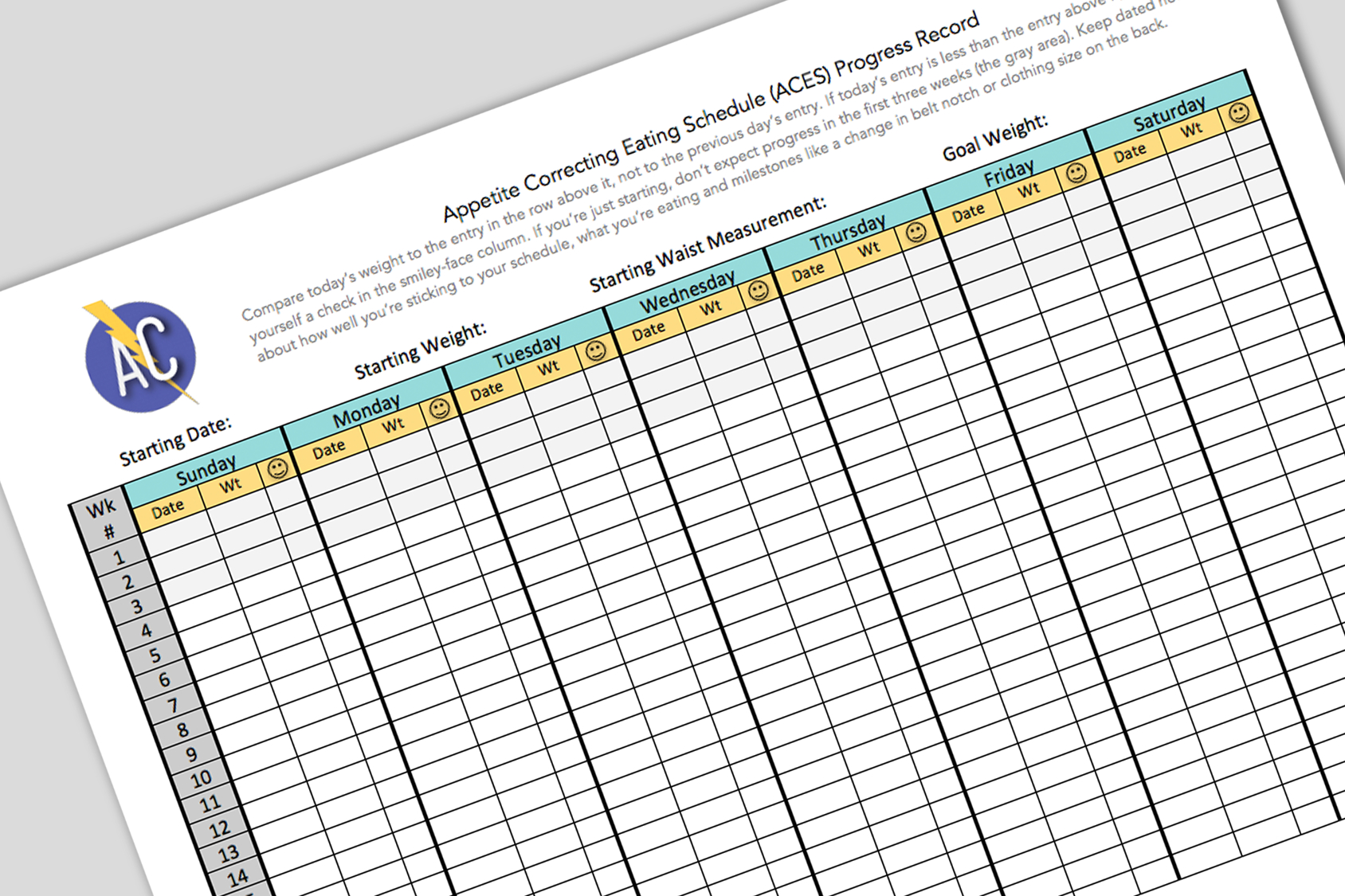Mike’s been following a Fast-5 schedule for a couple of years. He’s lost weight and his doctor tells him he’s in great shape and to keep up what he’s doing. But when he tells his doctor that what he’s been doing is fasting, the doctor says “that’s not good.” This shows how easy it is to forget what’s healthy and what’s not, even for medical professionals. It also shows how widespread the negative impression of fasting is.
There’s a way to beat that: you can use a different term. Instead of saying “intermittent fasting” or “fasting,” you can say “I’m on an appetite correcting eating schedule,” or ACES. That tells people you’ve eaten recently, and you’ll eat again. They’ll probably ask more about it, without starting from the assumption it’s a bad thing. Give it a try.
Read more about ACES and other tools for a lifestyle of health in AC: The Power of Appetite Correction.



1 comment
How should Mike or Bert work to further educate Doctors? How can we get some easy “research results” even if they are only n=1 experiments?
Is there a subgroup of patients that should especially be targeted? Metabolic Syndrome? Diabetes? Low Carb (or any other diet) failures?